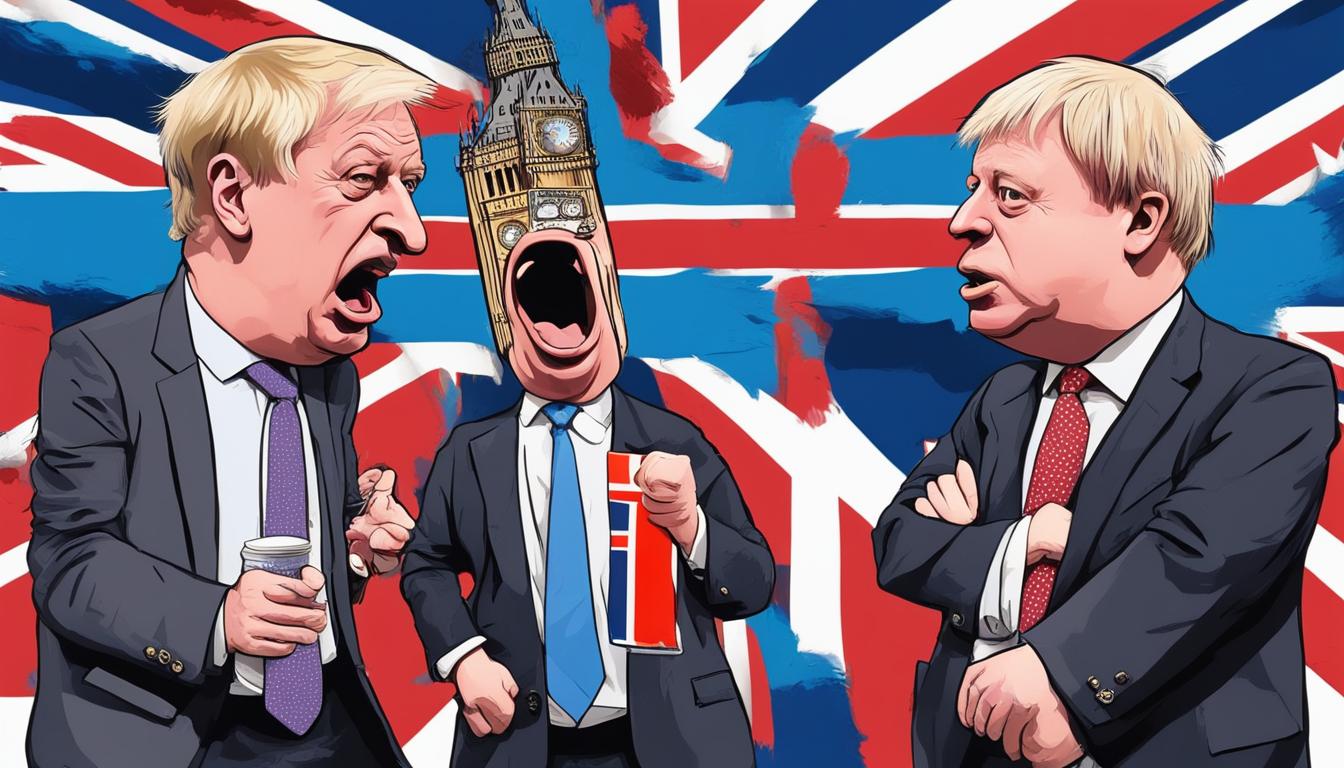Nigel Farage discusses Boris Johnson’s potential withdrawal from actively campaigning in Red Wall areas for the Conservative Party, amidst internal dynamics and broader political challenges facing the UK ahead of the next General Election.
Nigel Farage, on his GB News show, has articulated reasons why Boris Johnson is seen as unlikely to re-engage actively in campaigning for the Conservative Party in Red Wall areas ahead of the forthcoming general election. Farage’s perspective suggests Johnson’s diminished inclination towards supporting current Prime Minister Rishi Sunak, a perceived lack of personal benefit from such endeavours, and a loss of faith among Red Wall voters as key factors deterring Johnson’s involvement. Despite Farage’s viewpoints, insiders close to Boris Johnson maintain that he remains prepared to support the Conservative Party’s efforts to sustain the freedoms achieved through Brexit. Johnson is allegedly open to campaigning, particularly in areas traditionally dominated by the Labour Party, contingent upon a formal invitation from Prime Minister Sunak.
The backdrop to these developments includes speculation about Johnson’s political resurgence following his resignation in the wake of the Partygate scandal and a shifting dynamic within the Conservative Party, which now sees itself lagging behind Keir Starmer’s Labour according to recent polls. This comes amid changes following Boris Johnson’s decision to resign as a Member of Parliament, adding an additional layer to the political narrative.
In a separate discourse, Scotland’s First Minister Humza Yousaf, during a lecture at the London School of Economics, criticized the major Westminster parties for their inadequate focus on improving the well-being of the populace. Yousaf specifically targeted the Conservative Party’s strategies for the upcoming election and broached the impact of Brexit, suggesting a financial shortfall for Scotland’s public services due to the UK’s departure from the EU—a claim that has encountered scrutiny regarding its validity. He called for the adoption of bold policies to enhance lives, criticising both Conservative and Labour parties for a perceived lack of vision.
These unfolding political narratives underscore the complexities within UK politics, including internal party dynamics, the implications of Brexit, and differing visions for the country’s future as expressed by leaders from Scotland and the broader UK as the next General Election draws closer.
